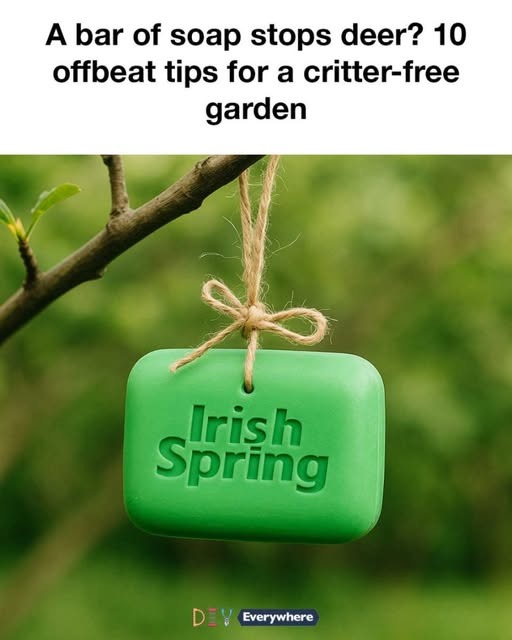5. Companion Planting: Using Nature to Your Advantage
Companion planting is a natural way to deter pests by using certain plants to protect others. Some plants have natural repellent properties that can keep critters at bay. For example, planting marigolds around your garden can deter nematodes and other insects, while herbs like rosemary and sage can repel deer and rabbits. Research which plants work best together and plan your garden layout accordingly. This method not only helps with pest control but can also improve the health and yield of your garden.
6. DIY Garlic Spray: A Homemade Solution for Bugs
Garlic is known for its strong odor, which can deter a variety of garden pests. To make a garlic spray, blend 10-12 cloves of garlic with 1 quart of water. Let the mixture sit overnight, then strain it and add a few drops of dish soap. Pour the solution into a spray bottle and apply it to your plants, focusing on the leaves and stems. Reapply every few days or after rain. This natural spray is effective against insects like aphids and caterpillars, keeping your garden healthy and pest-free.
7. Reflective Objects: Scare Away Birds and Small Animals
Reflective objects can be used to scare away birds and small animals that might otherwise feast on your garden. Items like old CDs, aluminum foil strips, or reflective tape can be hung around your garden to create movement and light reflections that deter critters. Attach these objects to stakes or tree branches, allowing them to move freely in the wind. This method is simple, cost-effective, and adds a bit of sparkle to your garden while keeping pests at bay.
8. Essential Oils: Scent-Based Deterrents for Critters
Essential oils are a natural way to deter garden pests with their strong scents. Oils like peppermint, lavender, and eucalyptus can repel insects and small mammals. To use essential oils, mix a few drops with water in a spray bottle and apply it around your garden’s perimeter or directly on plants. Reapply every few days or after rain to maintain effectiveness. This method is safe for plants and humans, providing a pleasant aroma while protecting your garden.
9. Eggshells: A Dual-Purpose Garden Hack
Eggshells are a versatile garden hack that can deter pests and enrich your soil. Crushed eggshells create a sharp barrier that slugs and snails avoid, protecting your plants from these common pests. Additionally, eggshells add calcium to the soil as they decompose, benefiting plant growth. To use eggshells, rinse and crush them, then sprinkle around the base of your plants. This simple method is eco-friendly and makes use of kitchen waste.
10. Ultrasonic Devices: Sound Waves to Keep Pests at Bay
Ultrasonic devices emit high-frequency sound waves that are inaudible to humans but can deter pests like rodents and insects. These devices are easy to install and require minimal maintenance. Place them around your garden, ensuring they cover all areas you wish to protect. The sound waves create an uncomfortable environment for pests, encouraging them to leave. This method is humane and doesn’t involve chemicals, making it a great choice for environmentally conscious gardeners.
ADVERTISEMENT

ADVERTISEMENT
A bar of soap stops deer? 10 offbeat tips for a critter-free garden
11. Fencing and Netting: Physical Barriers for Persistent Pests
For persistent pests, physical barriers like fencing and netting are often the most effective solution. A sturdy fence can keep out larger animals like deer and rabbits, while netting can protect plants from birds and insects. Choose materials that are appropriate for the pests you’re dealing with, and ensure the barriers are tall and secure enough to prevent entry. Regularly inspect and maintain these barriers to ensure they remain effective. While this method may require more effort and investment, it provides reliable protection for your garden.
ADVERTISEMENT
